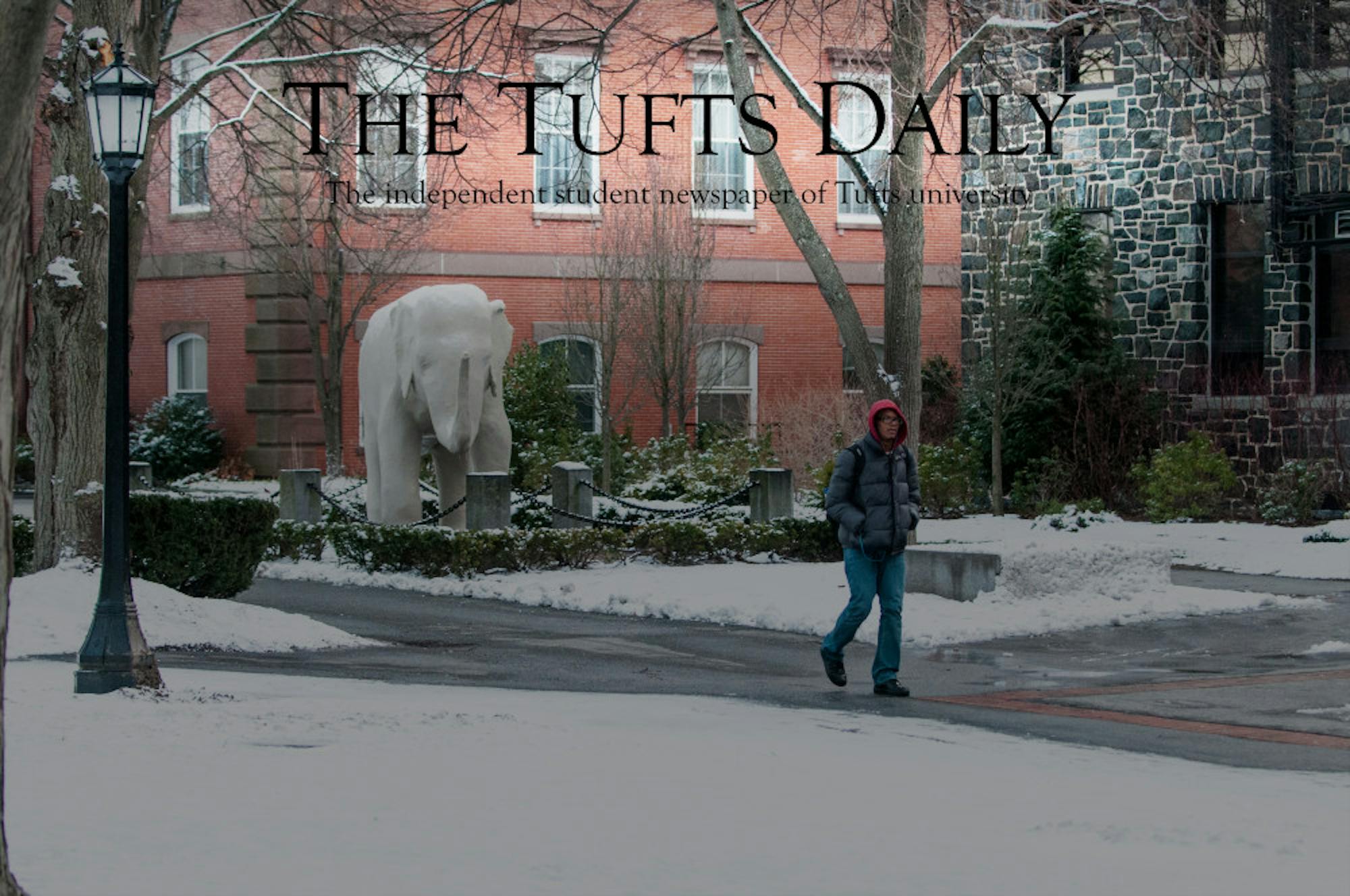Lea Michele, once a Broadway prodigy and now the starlet of “Glee” (2009-present), released her debut album “Louder” at the end of February. Michele is a well-known actress with a loyal fan base. But the album is of particular note in light of the July 2013 death of her “Glee” co-star and boyfriend Corey Monteith. After a brief hiatus from the public eye, Michele remerged in spectacular fashion, joining the rest of the “Glee” cast for the show’s fifth season as well as releasing her first record.
This eleven-track album is littered with references to Michele’s grief, and marred by vocals that are too brazen and pronounced. Michele’s experience on Broadway, though perfect for her role on “Glee,” hinders her ability to reach a mainstream, non-musical-theater-friendly audience. Michele strives for sounds similar to Miley Cyrus or Katy Perry, two artists who have also been attempting to distance themselves from their original personas. But for Michele, this transformation requires more than a few power pop ballads and gritty music videos. The album grows tiring very quickly. It is surprising that someone with such undeniable and infectious talent would fail so spectacularly to contribute to the mainstream pop landscape.
“Cannonball,” the first single off of the album, was not intended for Michele’s debut. In fact, Sia Furler — a beloved songstress known for her poignant and cerebral indie ballads like “Breathe Me” — played a key role in writing the song. After Monteith’s death, “Cannonball” was introduced to Michele who found its lyrics and message particularly moving. While it is difficult to critique a song that is so obviously ridden with feeling, “Cannonball” is simply not pleasing to the ear. What’s worse, any emotional weight that the song carries seems to be in competition with Michele’s desire to reach the Hot 100. The track, chronicling Michele’s emergence from grief back into the public eye, has some vague sonic references to the ‘80s with strong synth and reverberating percussion. Unfortunately, “Cannonball” seems like a forced addition to an album already plagued with insincerity.
Though the record is difficult to enjoy, there is one redeeming track that allows Michele to showcase her talents properly. In another collaboration with Furler, Michele created the final song on the album, “If You Say So.” This track, again dealing with the emotion fall-out after Monteith’s death, contains the honesty and sentiment that the rest of the album lacks. With soaring melodies and powerful production, Michele channels the simple power and story-telling skill of Lana Del Rey. Referencing Michele’s last interaction with Monteith, this song is compelling musically and lyrically commanding. Just before the chorus, Michele pleads, “And I can’t get away from the burning pain I lie awake / And the fallen hero haunts my thoughts / How could you leave me this way?”
Though this song has merit and style, the rest of the album fails across the board. Songs like, “On My Way,” “Battlefield” and the title track “Louder” are painfully derivative, awkward and contain some truly nonsensical lyrics. For instance, in “On My Way,” Michelle belts, “Well, I would like to hold my little hand / And we will run, we will, we will crawl, we will.”
Furthermore, the juxtaposition of Michele’s show-tune pronunciation with the purely pop tracks is truly bizarre; just try to imagine Liza Minnelli singing Perry’s “Roar” or Rhianna’s “Stay.” The songs feel cheap and fake, especially when placed next to the emotional powerhouse that is “If You Say So.”
Essentially, Michele’s debut does not to justice to her incredible talent. It seems like Michele is particularly anxious to go toe-to-toe with the pop divas of today. Ironically, it is the very fact that Michele is nothing like these acts that has catapulted her to stardom. As long as Michele finds her own unique voice and stays true to her sonic aesthetic, we can expect much better things in the future. Unfortunately, as for now, “Louder” is simply too disingenuous, heavy-handed and, well, loud.






